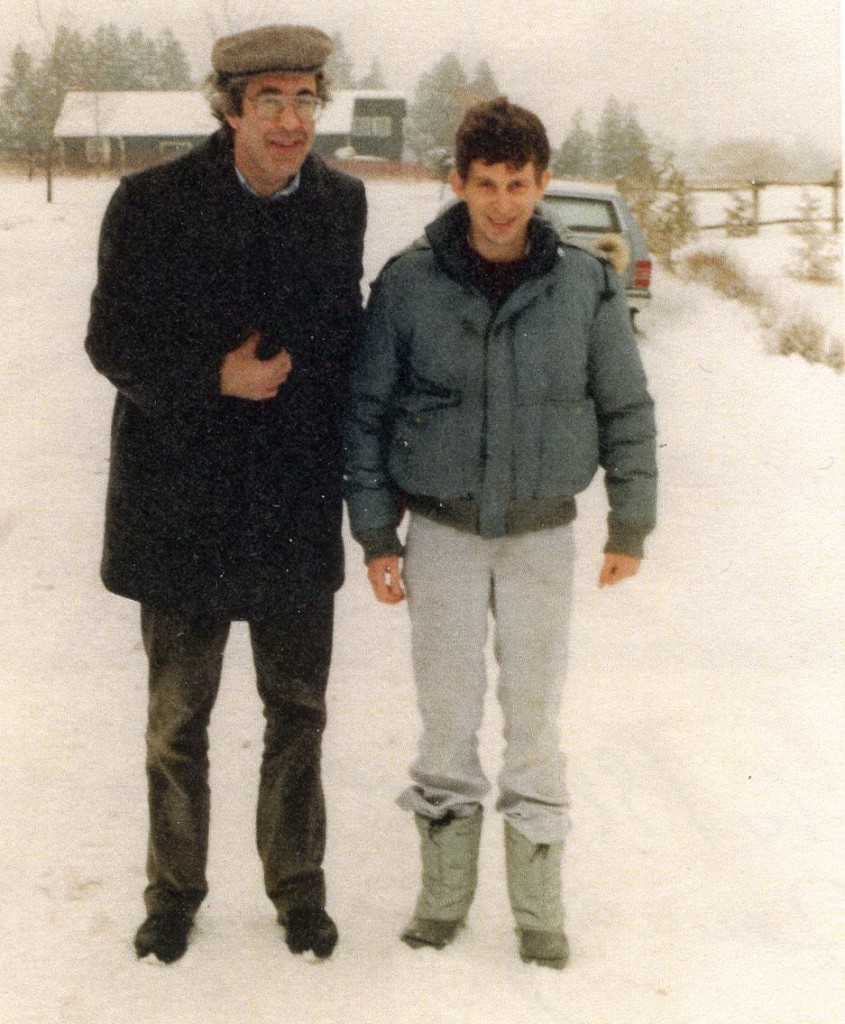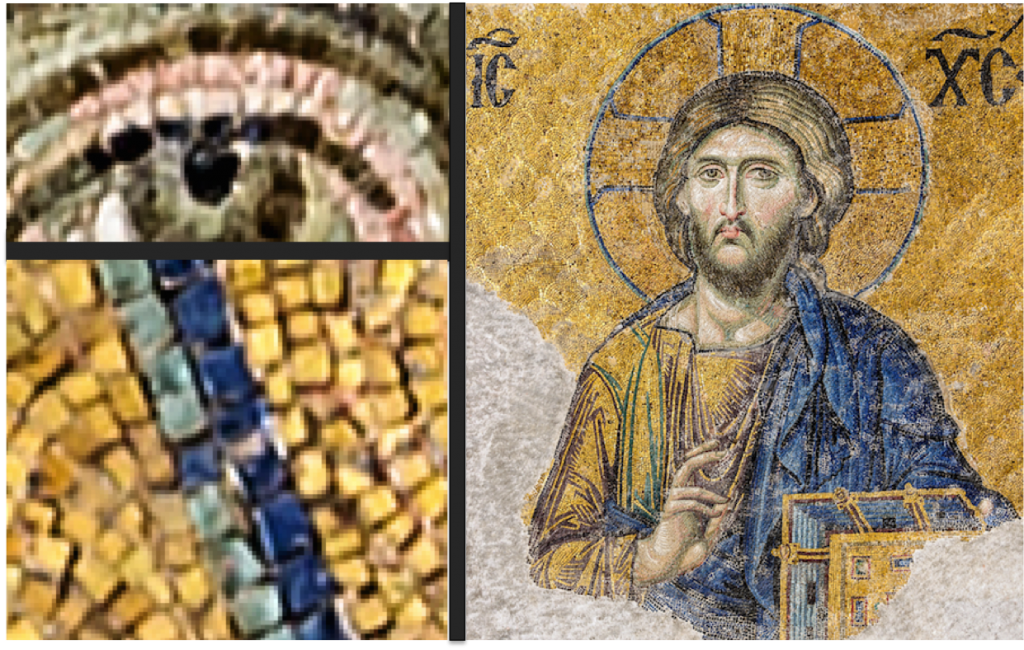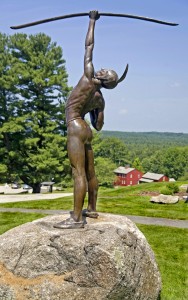Reading: Part Three— Drinking the Cup
I shall take up the cup of salvation and call on the name of the Lord. (Psalm 116:13)
Henri beautifully captures the shared experience of this extraordinary online community when he writes: “When we are fully committed to the spiritual adventure of drinking our cup to the bottom, we will soon discover that people who are on the same journey will offer themselves to us for encouragement and friendship and love. It has been my most blessed experience that God sends wonderful friends…” Thus far on our journey we have held our cup–and seen our joys hidden in our sorrows in the cup of blessings; and we have lifted our cup–for the community to see and celebrate the cup of life. This week Henri encourages us to drink the cup of salvation to the bottom and he offers three disciplines to lead us to this spiritual freedom.
Here are three thoughts you may find helpful to begin unpacking the reading. As always, please feel free to respond to any of the ideas below, to share your reflections on something that touched you, or to read and reflect silently. We are blessed by your presence.
1. Henri writes, “Spiritual greatness has nothing to do with being greater than others… True sanctity is precisely drinking our own cup and trusting that by thus fully claiming our own, irreplaceable journey, we can become a source of hope for many.” (p. 89) Sounding a similar theme, Mother Teresa said, “Not all of us can do great things. But we can do small things with great love.” Consider your own journey–the joys and the sorrows–and reflect on those times when you did small things with great love and became a source of hope for those whose lives you touched.
2. Henri tells us, “Jesus drank the cup of his life… He knew that drinking the cup would bring him freedom, glory, and wholeness” and offer all humanity the promise of salvation and life everlasting. Consequently, Henri can confidently write, “Drinking the cup of salvation means emptying the cup of sorrow and joy so that God can fill it with pure life.” This “pure life” is real freedom from our addictions, compulsions, and obsessions, or our self-indulgence. Henri reminds us that “…this freedom comes to us every time we drink from the cup of life, whether a little or much.” Look back on your life experiences and examine those times when you chose to drink from the cup of life you were holding at the time and identify and be grateful for the freedom that resulted from your choice. How did God take the cup that you emptied and fill it with pure life?
3. At the outset of this crucial chapter, Henri writes: “It is important, however, to be very specific when we deal with the question, ‘How do we drink the cup?’ We need some very concrete disciplines… to find in them our unique way to spiritual freedom… the discipline of silence, the discipline of the word, and the discipline of action.” Henri emphasizes that these are the disciplines we should follow to “drink our cup of salvation.” Prayerfully reflect on Henri’s description of each of the three disciplines and assess how well you are are living that discipline today. For each discipline, identify the areas where you are the most comfortable and self-assured in your practice of that discipline and how that leads you to spiritual freedom. Then consider the uncertainties, insecurities, or questions you may have in the practice of each discipline. What concrete, specific steps can you take to make the practice of that discipline a more meaningful part of you life? You might write those steps down for yourself and place them at the foot of the cross to ask Jesus for assistance.
We are all called to drink the cup. Henri Nouwen points the way. We look forward to hearing from you this week.
July 29th Update: Maureen at the Henri Nouwen Society found the photograph of Henri and his close friend Trevor (see Chapter 5) shown below. Enjoy!
Henri Nouwen and his close friend Trevor.
“When you’re happy and you know it… lift your glass.”
 May the Lord give you the same peace that Henri found with his friends at Daybreak.
May the Lord give you the same peace that Henri found with his friends at Daybreak.
Ray


